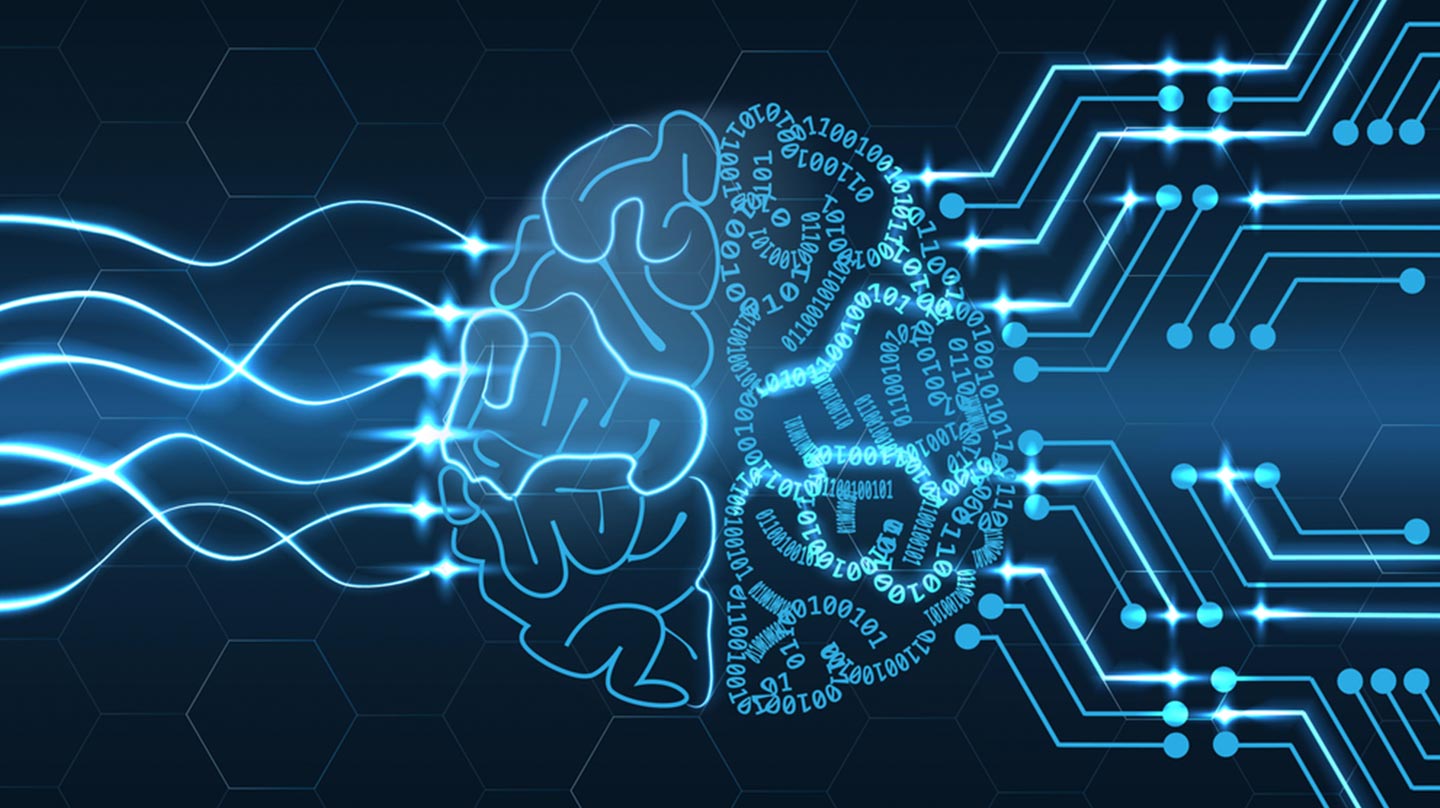SHARES

Researchers from the National University of Singapore conducted a recent pilot study demonstrating the potential of artificial intelligence (AI) platform to enhance cognitive training. To elaborate, CURATE.AI is a powerful artificial intelligence platform that could personalise learning for individuals. Consequently, this research could possibly pave the way to use AI in personalised digital therapy for more effective brain stimulation and prevention of cognitive decline .
The CURATE.AI Project
The research, led by Professor Dean Ho and Assistant Professor Christopher L. Asplund from the N.1 Institute for Health (N.1) of NUS, uses performance data from a given person to develop the individual’s learning profile. This approach as a result, makes it possible to evolve a more tailor-made personalised way of learning.
“Everyone is unique, so when it comes to training or learning, performance outcomes will certainly vary substantially from person to person. Therefore harnessing technology to enhance learning is a good way to address the challenges confounding conventional learning approaches. What is lacking are approaches that can properly attune each user’s performance to drive rapid training improvement. This is where CURATE.AI can come in to plug the gap,” said Prof Ho.
The pilot study included twenty-eight participants. Concurrently, they underwent multiple tasks required by the platform in order to measure their cognitive performance levels. Participants performed differently, despite the similarity in the designated tasks.
“The stark differences show clearly that a one-size-fits-all training regimen based on static repetition is not suitable for optimal learning. We need a strategy that adjusts the training — which can involve many tasks that interfere with each other — according to the participant’s changing responses,” said Asst Prof Asplund, who is also from Yale-NUS College.
Hence, the research team led and conducted a pilot study using CURATE.AI to create individualised training profiles. The team of researchers from NUS now intends to develop a mobile application integrated with artificial intelligence(AI), for personalised learning applications. Additionally, the team also plans to conduct further studies to determine if CURATE.AI training enables individuals to retain better the information learned.
What’s Next With Artificial Intelligence?
Furthermore, this new approach taken with AI integrated cognitive training has applications in brain health too. Current approaches to boost brain stimulation range from drug treatments to video games and mental exercises. Recently the concept of digital therapies in mobile applications began to emerge as potentially effective options. Integrating these digital therapies with AI to enhance therapies would be the way to go in the future. In addition, when these digital therapies do prove effective in enhancing brain stimulation, these new therapies could augment drug treatments or even replace them.
You can search, find, call, send enquiry or request for appointment with a GP/ Family Doctor on GetDoc:
Find a GP/Family Doctor in Malaysia, on GetDoc
Find a GP/Family Doctor in Singapore, on GetDoc
by Yashwini Ravindranath
Born & raised in Malaysia, Yashwini earned her M.D. studying in Moscow's Russian National Research Medical University. With an affiliation towards research, all things coffee and the startup ecosystem, she now contributes articles to GetDocSays View all articles by Yashwini Ravindranath.





